|
Abstract
Just as heterosexuality is considered as a norm in the society homosexual relations and homosexuality are looked as repulsive and abnormal. Sexual minority as a community is marginalized, excluded and deprived from the wider links to main stream community life due to their sexuality. Stigmatization around feminization produces a range of problems from verbal abuses to threats to their life. Stigma, denial and violence push them to severe health problems especially mental health problems. From their childhood to old age they undergo lots of crisis. They are forced to go away from their family at younger age. It is difficult to live in a stigmatized society without family support. This produces enormous psychological consequences such as stress, depression, anxiety, loneliness, self-destructive behavior. Suicidal tendency is very common among sexuality minority. Majority of them have attempted for suicide at least once in their lifetime. Since our society is more homophobic and homosexuality is considered as abnormal, these mental health issues are ignored. This article attempts to understand the problem of suicide among the homosexuals. KEY WORDS: sexuality, homosexual, homophobia, mental health, violence, stress Abstract & Suggestion :
Social Phobia also known as Social Anxiety can often inhibit a person to exhibit their full potential. Often it may be a result of the sub-culture within an ethnic group or imposed on a certain gender example: females or may be a part of their personality pattern. While social phobia itself is not life threatening but do limit the growth or realizing the self potential. It often affects self esteem or productivity of a person. The author has drawn materials from several sources to make it more presentable to all groups starting from – what is social phobia to how to overcome. Prof Shankar Pathak, Retired Professor Of Social Work, Department Of Social Work, Delhi University, Delhi. He was also Director, Field Work for four years and Founder -Director of Child Guidance Center- a Field Action Project Hemalatha: How important are Field Action Projects (FAPs) to become a criterion for quality assessment of education in social work
Prof, Pathak: It is quite a difficult question. Without field work there cannot be social work education. If you search the meaning for ‘Social’ in any Dictionary, you may find various words, especially you will get the word ‘Society’. In its widest sense ‘anything that you do in society can be considered as social, However, there is a restricted meaning which is used when we refer to social work. Coming to FAPs, it may become necessary if there are no good agencies in an adequate number to place and train students. Good agencies may also not be available to students for field work placement for a variety of reasons. FAPs become necessary then. Dr.H.M. Marulasiddaiah, Retired Professor of Social Work, Bangalore University Dr. Hemalatha: NAAC (National Assessment and Accreditation Council)considers Field Action Project’s (FAPs) as a criterion for assessment of institutions of social work, your reaction to this
Prof HMM: I whole heartedly welcome the criterion such as this as part of assessing social work institutions. Social work department cannot claim to be professional department without their own labs. This is akin to medical colleges without hospital facilities. Every school must have FAPs one urban and one rural. Abstract
This is an article on Dr. Ruth Manorama and her outstanding contribution for the liberation of the Dalits, particularly Dalit Women for forty years. Abstract
The article explains the meaning and scope of human rights as the collective rights of communities and peoples.The article examines the patriarchal social order in relation to women's rights. The different perspectives and approaches of women's rights are discussed in the article. Analysis of power and violence, and the power of impunity are critically analysed. Rights of women with disabilities, women victims of evictions and displacements, and women belonging to fishing communities also form parts of the article. Gendered division of labour and women in governance are discussed critically in the article. Abstract
This brief article is intended to give a link to the articles on Women’s Rights and on Dr.Ruth Manorama. It includes birth-based caste system, atrocities against Dalits from a Dalit poet’s angle, the Prevention of Atrocities (against Scheduled Castes and Scheduled Tribes) Act, and continuing violations of the law. Abstract
The article focuses on the positive requirements to ensure long-lasting industrial peace. The first part of the article discusses the comprehensive settlement between the South India Mill Owners’ Association (SIMA), Coimbatore and trade unions in 1956, which served as a model agreement for the Indian textile industry. The second part describes the author’s experiences at Ashok Leyland, the second largest automobile factory in India. A company with one union, Ashok Leyland, had a good industrial relations climate till an aggressive leader became the union president. Go-slow, lay off, gherao, closure of the company, large scale disciplinary action and replacement of the external union president by a workman as president were witnessed in the company. The last section of the article narrates a gentleman’s agreement and a win-win collective bargaining settlement. Namaskara.
Dear friends Prof. H.M. Marulashiddaiah respected guests Mr. Rajasekharan, Dr. Sudarsan & Other Friends. I would first of all like to express my gratitude for the opportunity to attend this programme and having been invited say a few words about Social Work from a Swedish perspective. Thanks to prof. Marulasiddaiah and the organize of this event. And as always I am impressed by the way that we are received here. We feel most welcome and everything is so well organized. I think I speak for my wife as well here. Before I give you some pointers to the situation in Sweden regarding the Social Work field, it might be a good idea to say something about my university and our social work education. Introduction:
In s outh India, Tamil Nadu forms one of the major zones that consist of important tribal groups. According to the 2001 census, the Scheduled Tribe population in Tamil Nadu is 6.51 lakhs, consisting of 1.04 per cent of the total population. Thirtysix Scheduled Tribes have been notified in Tamil Nadu by the Scheduled Castes and Scheduled tribes order (Amendment) Act 1976 and among them, six groups namely, Paniyan, Todas, Kotas, Irulas, Kattunayakkan and Kurumbas are categorized as particularly vulnerable tribal Groups who are populated in Nilgiri District. Experience on rehabilitation of children and the challenges in the process from Bangalore Government Children’s Homes If you enter the CWC, Bangalore Urban hall on any given day you would find several boys being herded. You would also find some adults waiting for their turn to be called in. A few adults would be discussing with the children. A few officers would be rustling with their files and piles of papers. NGO personnel also would be going round with their files and papers meeting the Committee members, children and their parents or employers or identified touts who might be responsible for bringing children from far off places. You may also occasionally find some police men and advocates.
The Role of Social Workers as Human Rights Workers with Disadvantaged People and Communities*1/2/2018 I would like to begin by acknowledging the traditional owners of the land we meet today, the Kukkarahalli / Paduvarahalli people. Thank you to the Academic Staff College, University of Mysore for inviting me to speak today.
Also, thank Prof Muzaffar Assadi, the Course Coordinator for his introduction. Social workers by very definition are human rights workers. Social workers help individuals realize their rights everyday and are ideally placed to help communities claim their collective rights. Community inclusion for people with psychiatric disabilities and role of Psychiatric Social Worker1/1/2018 Introduction
In many countries of the world today, people with disabilities are deprived of their rights and liberties, excluded from society, and blamed for many of society's most unsolvable problems, such as crime and homelessness. People with disabilities, particularly people with mental disabilities are involuntarily locked away in institutions, subjected to abuse and neglect, and deprived of their right to live as equal citizens in the community. Persons with disabilities often are excluded from the mainstream of the society and denied of their human rights. Studies now suggest that treatment through community inclusion for many people with mental disabilities in the world is less costly than institutionalization, and that treatment is usually more effective.(1) Sir Dorabjee Graduate School of Social Work which was established in 1936 became Tata Institute of Social Sciences after about 4 years. The reasons for change of name is not known, though this may be available in the TISS records. While the name of the institution was changed, the name of the journal published by TISS remained unchanged,an anamoly which needs to be corrected. It is time-after the 2006 major restructuring of TISS, that the name of the journal should also be changed to the “Indian Journal of Social Sciences” (Incorporating the Indian Journal of Social Work).
Dr. Vasudev. Pandurangi Life History
Date of birth : 5th January 1930 Place : Ranebennur, Karnataka Father’s Name : Ramacharya Mother’s Name : Seethabai Brothers : Three Sisters : Four Education : MD (Obstetrics & Gynecology) Grant Medical College Bombay Marital Status : Married with three children-two sons and one daughter |
Categories
All
Social Work Learning Academy50,000 HR PROFESSIONALS ARE CONNECTED THROUGH OUR NIRATHANKA HR GROUPS.
YOU CAN ALSO JOIN AND PARTICIPATE IN OUR GROUP DISCUSSIONS. MHR LEARNING ACADEMYGet it on Google Play store
|
SITE MAP
SiteTRAININGJOB |
HR SERVICESOTHER SERVICESnIRATHANKA CITIZENS CONNECT |
NIRATHANKAPOSHOUR OTHER WEBSITESSubscribe |
MHR LEARNING ACADEMY
50,000 HR AND SOCIAL WORK PROFESSIONALS ARE CONNECTED THROUGH OUR NIRATHANKA HR GROUPS.
YOU CAN ALSO JOIN AND PARTICIPATE IN OUR GROUP DISCUSSIONS.
YOU CAN ALSO JOIN AND PARTICIPATE IN OUR GROUP DISCUSSIONS.
|
|

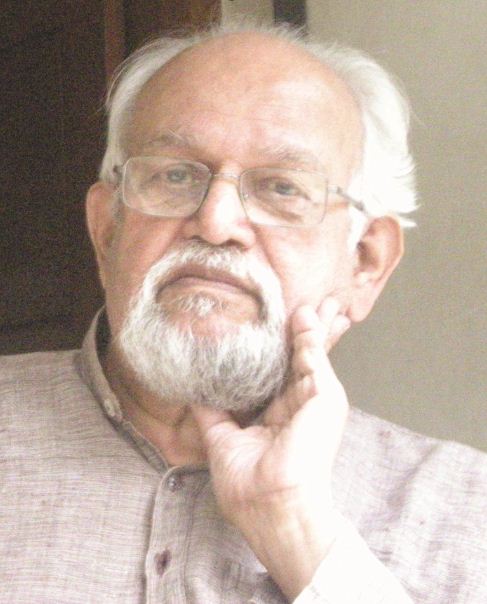
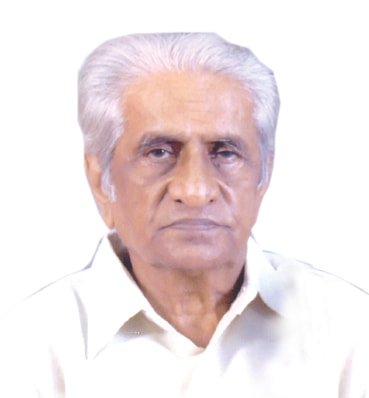
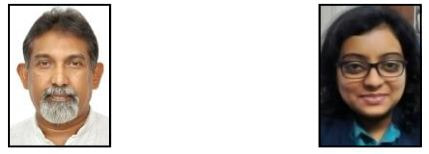
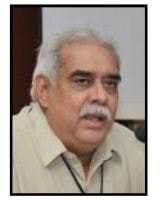
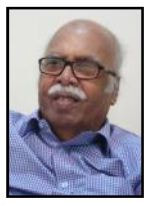
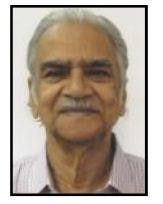
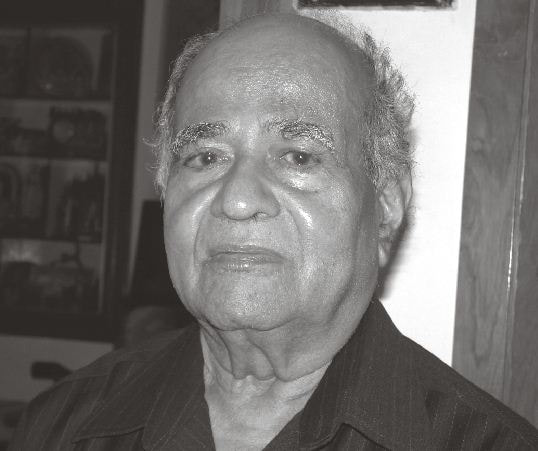





 RSS Feed
RSS Feed





